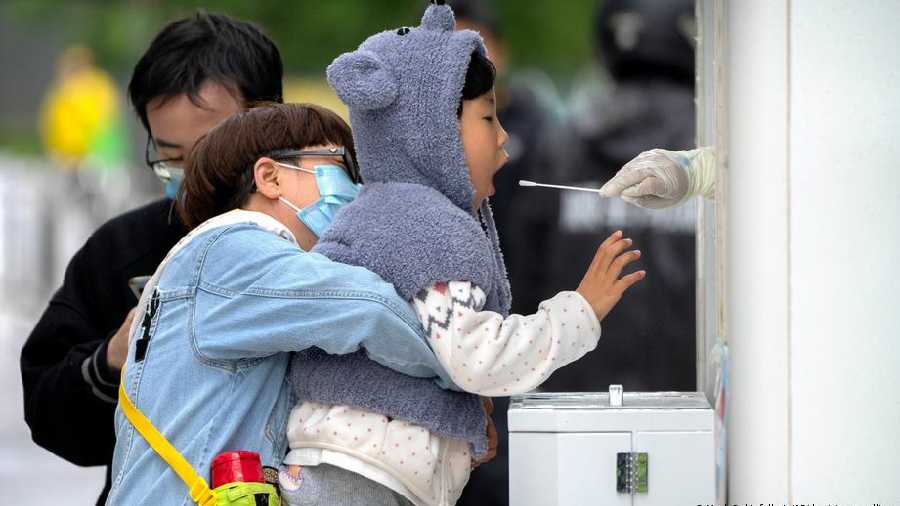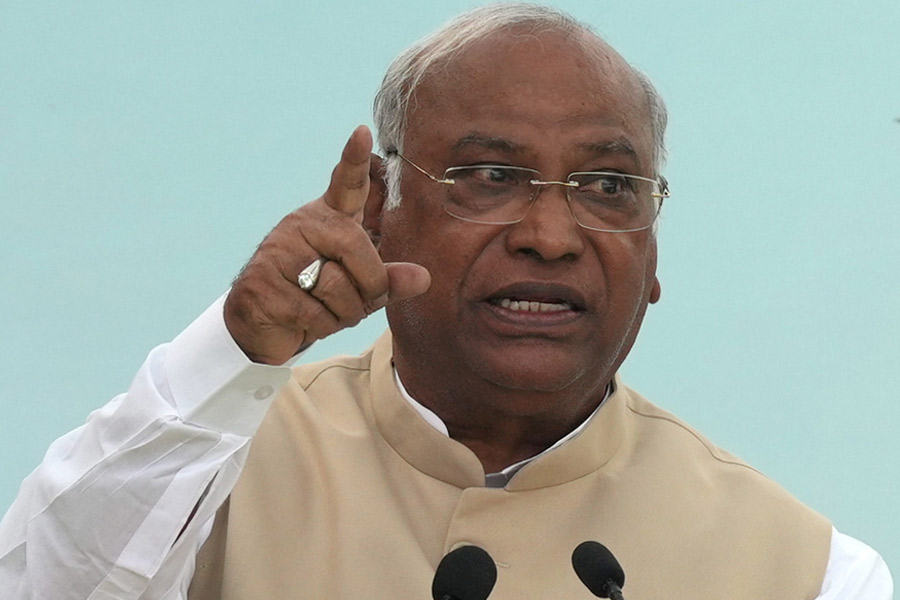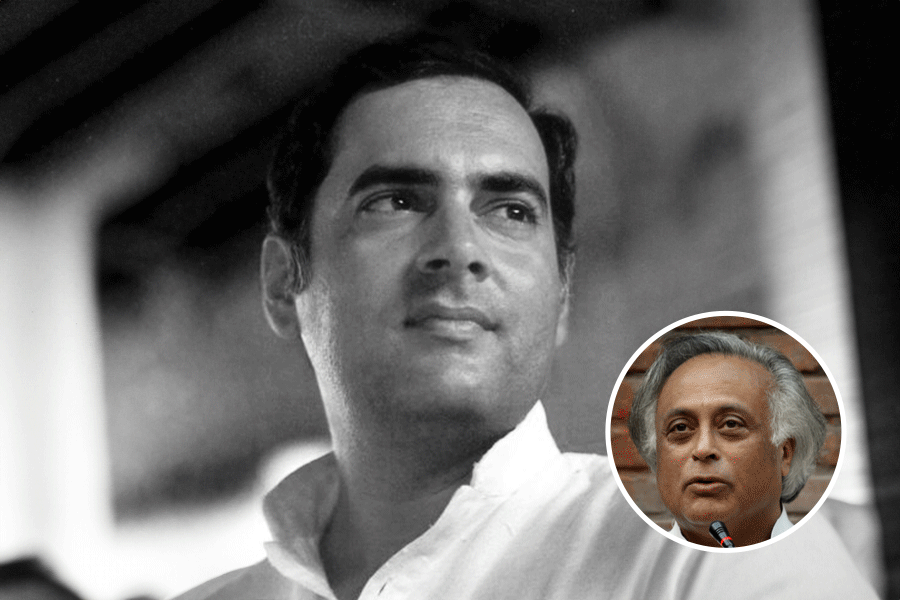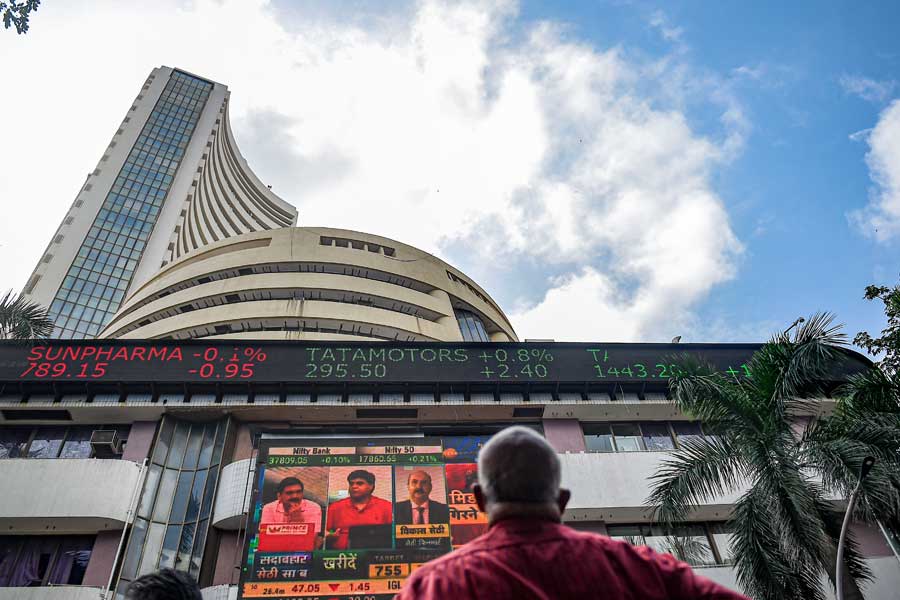This is how China’s ruling Communist Party wants people to remember how it handled the Covid-19 pandemic: It was a “miracle in human history”.
Every measure the government imposed was rooted in science, supported by the masses — and, ultimately, “completely correct”.
The party is waging an ambitious propaganda campaign to rewrite the public’s memory of “zero Covid”, a signature policy of China’s leader, Xi Jinping, that helped contain the virus for almost three years — but went to such extreme lengths that it smothered the economy and set off widespread opposition. In a decree that was published after a recent meeting of top officials and championed by a barrage of state media editorials, a newly triumphant narrative has emerged, aimed at bolstering Xi’s authority and deterring dissent.
The party is pushing its message at a time of clashing narratives and heightening tensions with the USs over China’s handling of the pandemic.
The US energy department recently concluded that the Covid-19 virus likely originated from an accidental lab leak in China, reopening a discussion in American political circles that China has called a smear campaign as it denies the allegation. And, forced to defend its policies domestically, China’s official messaging acknowledges none of the extremes of “zero Covid”, when authorities placed hundreds of millions of people under some form of lockdown last year, in some cases beating residents for leaving their homes or separating their children from them.
Also missing from the narrative is the chaos that ensued after the policy’s abrupt dismantling in early December, which left hospitals and crematories unprepared for the explosion in new infections and deaths.
Instead, as the viral wave subsides, the party has declared that its efforts led China to a “decisive victory” over the virus, with what it claims is the lowest Covid death rate of any country in the world. Officials have sought to frame the abandoning of “zero Covid” as a carefully orchestrated pivot that was “optimized” to prioritise the health of its citizens.
The term “zero Covid” itself, once ubiquitous, has vanished from the party’s rhetoric. “The party is betting on the fact that if they just emphasise the positive evidence, then somehow after several years, people will have forgotten about all of this,” said Willy Lam, an analyst of Chinese politics who is a senior fellow at Jamestown Foundation, a think tank.
“But this time around, we have seen very widespread expressions of dissent.”
China has long used censorship and propaganda to shape consequential moments in history that challenged the Communist Party’s legitimacy, a recurring exercise in state-sponsored amnesia.
In recent months, officials have been quietly arresting and detaining several people who had participated in the nationwide protests last November against “zero Covid”, the biggest challenge to the country’s authoritarian leadership since the pro-democracy protests in Tiananmen Square in 1989.
But the aftermath of the pandemic may be especially challenging for the party to bury, as feelings of whiplash, grief and frustration simmer just beneath the surface for many Chinese residents.
“When I see government propaganda now about the pandemic, I feel sick,” said Liu Zhiye, 31, who works in real estate in Guangzhou, a southern city. “I try my best not to read it.”
New York Times News Service










